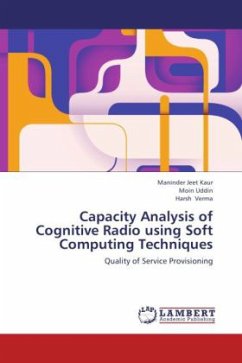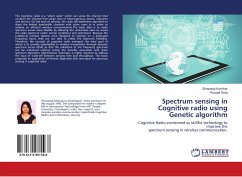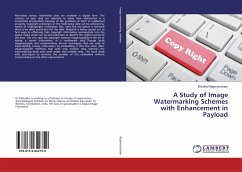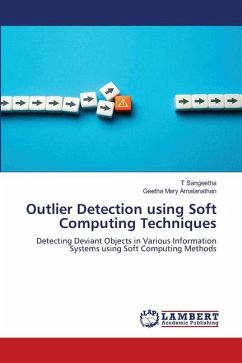Cognitive radio technology is introduced to improve the spectrum utilization by allowing unlicensed users to share spectrum with licensed users in an opportunistic manner. Cognitive radio is still in the infancy stage. The conventional approaches based on analytical techniques for understanding and predicting the behavior of cognitive radio system can prove to be very difficult and inflexible in order to cope with the intricacy and complexity of the issues and challenges associated with its implementation. While dealing with cognitive radio, we have to deal with high degree of uncertainty and to tolerate capacity imprecision. Conventional approaches which are based on numerical analysis or crisp logic have characteristics of precision, are termed as hard computing approaches. Whereas, soft computing approaches like fuzzy logic, neural networks, genetic algorithm, probabilistic reasoning etc. have characteristic of approximation. The advantages of using soft computing techniques are capable to manage tolerance for imprecision and uncertainty, lower cost of computation and high Machine Intelligence Quotient (MIQ).
Bitte wählen Sie Ihr Anliegen aus.
Rechnungen
Retourenschein anfordern
Bestellstatus
Storno








